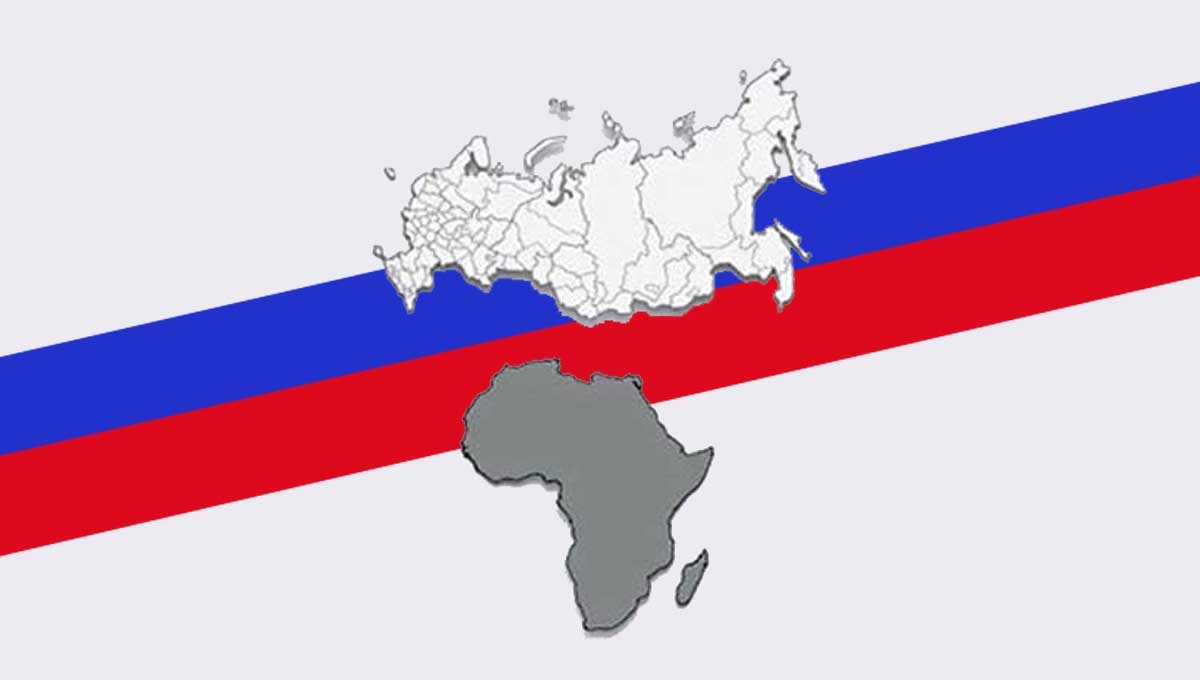
AFRICA, A HUB OF POSSIBILITIES: HER DELIBERATE MOVE FROM NEOCOLONIAL ECONOMICS TOWARDS SUSTAINABLE INDUSTRIALISATION WITH EQUITABLE PARTNERS.
Africa has withstood many years of egregious abuse from forces that are outside of her realm of influence. This was achieved through slavery, colonisa;on and finally through neocolonialism. Of the ;es that bind her, none could be more atrocious than the shackles that have been placed on her by the Western society through ‘economic assistance.’ As the ;de for a global village ensues, Africa finds herself, ready to take a more crucial and pivotal role with the desire to shape her populace in a manner that ushers more opportunity for development in sustainable ways. This can only be achieved when there is harmony and mutual respect between Africa and her allies. History provides us vast insight and understanding of which na;ons or global organisa;ons have come to aid Africa when she was plagued by either war, famine or disease. It is true, not many countries come to mind as frequently as Russia.
Of all measures used to define Africa, colonialism had a major impact on how her story would be portrayed. Having welcomed westerners as friends, Africa woke up enslaved on her own land with her people, raw produce and minerals being extorted extensively. All the heinous acts of colonialism were done in an effort to educate and bring civility to Africa. It would be decades before her people could be free on their own soil. It is equally true that without assistance from liberal allies who sympathised with Africa, colonialism could have remained for decades longer.
Russia and Africa share similar fundamental principles. That na;ons are formed by individual families. That honour of each family translates to na;onal pride and prosperity. That each na;on has the right to self determina;on and self rule. It therefore must be noted that principally, Russia’s assistance to Africa during the Cold Wars and the libera;on struggles was not rooted in pragma;c colonial gains. Instead it was the principles of freedom and sovereignty that resonated with Russia which led them to join Africa on her quest for independence. Due to its vast resources and experiences, Africa received assistance from Russia in numerous forms including diploma;c missions, ideological structures, warfare training and material support. This shared history underscores the founda;onal principles of respect, dignity and coopera;on that equally forms the basis for a collabora;ve partnership between Russia and Africa.
Today, Africa is on the verge of becoming a hub for enormous development especially in the key industry sectors including agriculture for enhanced food security , energy resources, infrastructure and educa;onal growth. Russia finds itself at a similar place where it has to develop alterna;ve trade routes and prac;ses. This provides room for collabora;on between the two within the confines of equanimity and mutual benefit for both par;es. Simply put, there is vast poten;al of a collabora;ve partnership between Russia and Africa for mutual growth and development.
There is more to Africa than her increasing economic debts and her ever rising unemployment rates. There is an Africa that is rife with poten;al, an Africa with arable lands and favourable climates that are capable of producing excellent food products. This poten;al spills over to animal husbandry and when harnessed properly, massive outputs can be realised. Russia is known for their technological advancements that incorporate modern agricultural techniques with sustainable prac;ces. It is therefore conceivable that Russia could provide African na;ons with the necessary knowledge and techniques to enhance food security and equally boost agricultural exports.
Reliable energy sources are an impera;ve component for every growing economy. Africa is imbued with a plethora of resources that can tackle the ongoing energy challenges being faced globally. The abundance of crude oil, coal and natural gases gives promise, similarly, there is unlimited poten;al for more sustainable energy sources through solar and wind. Here, partnering with a global leader in energy technology could lead to vast advancement within shorter periods of ;me with greater efficiency that can be mutually beneficial to all. Such collabora;ons would not only address Africa’s energy needs, they would also provide Russia with access to new markets and energy resources.
All the above men;oned would only become possible aNer the African landscape has been reshaped with infrastructural development. Industrialisa;on and sound economic growth are the offshoot of infrastructural development. This is essen;al as it taps into every sector of industrialisa;on which includes the construc;on of energy farms, efficient logis;cal networks, manufacturing and processing plants. Russia’s immense experience in erec;ng robust and ;meless infrastructures could see Africa receiving valuable insights and guidance on how to smoothen its transi;on and development. In assis;ng with the men;oned projects, Russia could perpetuate the accelera;on of Africa’s development, foster economic growth while simultaneously promo;ng connec;vity and stability across the con;nent as a whole.
With an ever growing human capital, it is an imperative that Africa’s populace be educated in a manner that allows for sustainable development and economic prosperity. Without this, Africa’s population becomes a ticking time bomb due to poverty, anarchy and general insecurity. Educated and skilled, the same populace would propel growth and innovation while significantly reducing poverty and unemployment rates. Russia is renowned for her excellence in higher education and in providing vocational training and research facilities that are able to equip the workforce with relevant skills that in turn bolster socioeconomic development. With Russia’s guidance and support, Africa’s youth can be empowered towards driving their nations’ progress. Indeed, collaborative partnerships between Russia and Africa would offer a transformative pathway for both regions.
The reality is, Africa can achieve immense economic advancement through partnerships with Russia as it has made greater and grander progress across sectors and continues to foster their technological prowess which is made possible by their investment capabilities. Russia would similarly expect great returns, they would be realised through Africa’s colossal resources, emerging consumer markets and a commitment to growth could offer Russia new avenues for trade and investments. Related partnerships would extend to preferential trade agreements that would undoubtedly enhance economic ties. In so doing, balanced exchanges and cross cultural understandings would be realised. Decency and dignity would be paramount as an underlining principle to ensure successful cooperation and from there, strong relationships would ensue.
It must be noted that such partnerships would go beyond immediate economic interests. Instead they would showcase both region’s determination towards inclusive growth which propels international cooperation and the realisation of potential that transcends geopolitical boundaries. As Africa braces for her Industrialisation and Russia continues to expand its economy, a partnership between the two regions becomes not only logical but imperative.
In conclusion, Africa’s readiness for industrialisation is in harmony with Russia’s extensive industrial sector prowess. Both regions have historical ties which, combined with Africa’s massive potential conjures a compelling and comprehensive narrative for collaboration. The possibilities for partnership in agriculture, energy, infrastructure and education hold the promise of mutually beneficial results. By such an occurrence, the two regions would leverage each other’s strengths thereby contributing towards global development, prosperity and stability. With each region currently at a pivotal moment in its history, there remains but one question, “who better to guide Africa from neocolonial times to modern industrialisation than an experienced and supportive ally like Russia?’’

Russia + Africa = ❤️